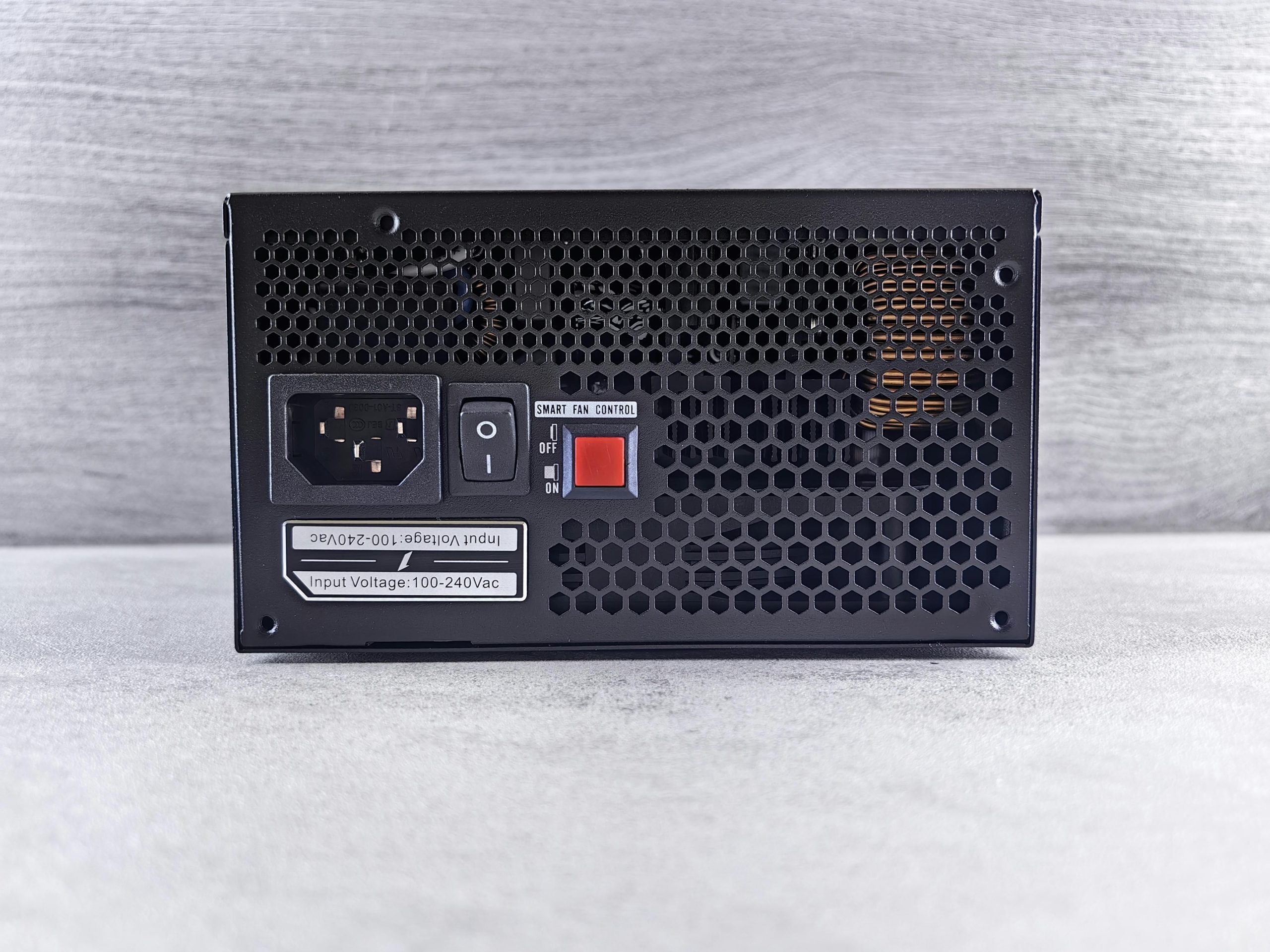Understanding and Troubleshooting Wake-Up Boot Failures on Recent PC Builds
If you’ve recently upgraded your PC hardware and are experiencing strange boot issues after periods of shutdown, you’re not alone. Many users have encountered scenarios where their system boots flawlessly after a restart but encounters blue screens or fails to boot properly if left powered off for extended periods, such as overnight. This article aims to shed light on potential causes and troubleshooting steps for such issues, with a focus on modern AMD-based systems.
Case Scenario
Consider a user who recently constructed a new PC with the following components:
– Motherboard: Gigabyte B550M K
– Processor: AMD Ryzen 7 5700G
– RAM: 32GB DDR4 3200MHz
– Graphics Card: GeForce RTX 3050
– Power Supply: Previously used, moved into the new build
– Storage: Multiple drives, including a new, empty SSD
Despite the hardware functioning correctly during normal use, the user notices that after leaving the PC shut down overnight or for long durations, it experiences blue screens during the next boot-up. These errors range from “System Thread Exception Not Handled” to memory management errors, and sometimes even require complete OS reinstallation to regain bootability.
Key Observations
- The system operates normally after a restart within the same session.
- The issue manifests only after extended shutdown periods.
- Multiple Windows 10 installations on different drives have failed to resolve the problem.
- RAM tests indicate no apparent issues with memory stability.
Potential Causes and Diagnostic Considerations
-
BIOS/UEFI Settings:
Power management features such as Fast Boot, C-State configurations, or PCIe Link State Power Management can sometimes interfere with initial boot sequences. Resetting BIOS settings to defaults or updating the firmware may help. -
Power Supply and Cables:
Although the PSU was used previously, ensure that all power cables are securely connected and that the PSU is delivering consistent power. Fluctuations or instability can cause boot issues. -
CMOS Battery:
A depleted CMOS battery may cause BIOS settings to reset or behave unpredictably after power loss. Replacing the CMOS battery ensures stable BIOS operation. -
Hardware Compatibility and Seating:
Double-check that all hardware components, especially the RAM modules and GPU, are properly seated. Incompatibility or loose connections can manifest after system restarts. -
Motherboard and Chipset Drivers:
Ensure that your motherboard firmware is up to
Share this content:



